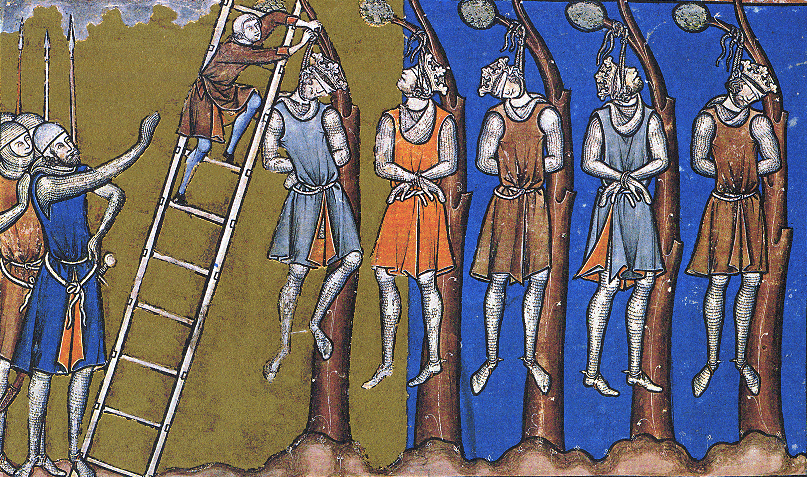Balance of power is a very fragile thing indeed. Murder of royalty or a famous writer helped write history in Europe for hundreds of years. Here’s a look at 6 medieval crimes that had a profound impact on the future of Europe.

1. The Murder of Charles the Good
Charles was born in Denmark, but after his father was murdered, his mother fled to Flanders. His mother eventually married an Italian duke, leaving Charles in Flanders under the care of his grandparents. Charles fought in the crusades and was offered a crown of the Kingdom of Jerusalem, but refused it for reasons unknown.
Charles became the Count of Flanders after his cousin passed away and designated him as his successor. As count, Charles expelled Jews from Flanders and blamed them for a famine in his region.
He also distributed bread to the poor and took action to reduce the price gouging of grains. This directly affected the Erembald family (who were overpricing grains for financial gain), who then plotted his murder.
On the morning of March 2, 1127, Charles was murdered while he was knelt in prayer. A group of knights attacked him with swords. The brutal murder sparked public outrage and a civil war that long upset the balance of power in Europe. William Clito was then appointed by the King of France as the next Count of Flanders, an area that was fought over by France and England for many years to come.

